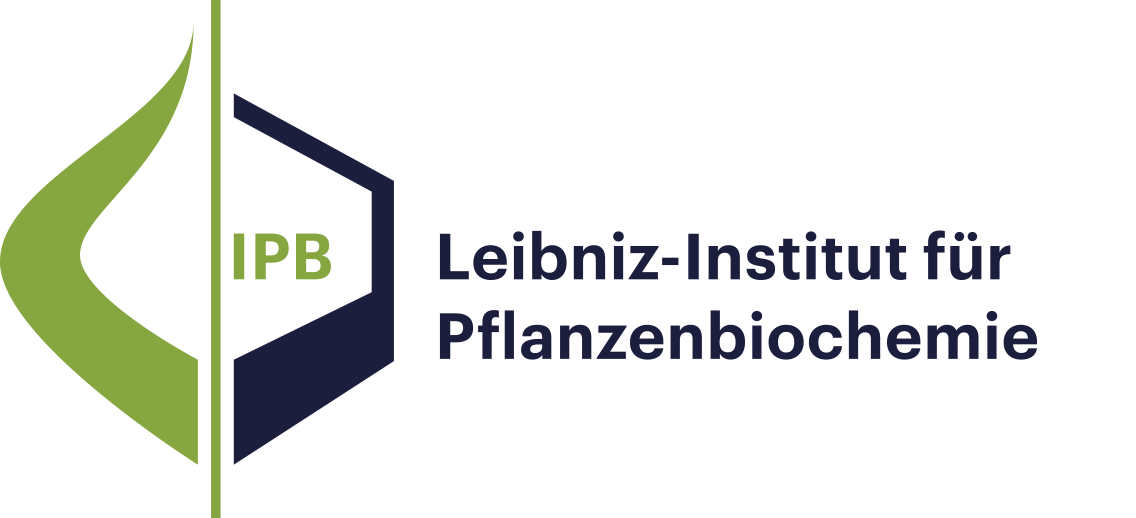- Ergebnisse als:
- Druckansicht
- Endnote (RIS)
- BibTeX
- Tabelle: CSV | HTML
Publikation
Publikation
Leitbild und Forschungsprofil
Molekulare Signalverarbeitung
Natur- und Wirkstoffchemie
Biochemie pflanzlicher Interaktionen
Stoffwechsel- und Zellbiologie
Unabhängige Nachwuchsgruppen
Program Center MetaCom
Publikationen
Gute Wissenschaftliche Praxis
Forschungsförderung
Netzwerke und Verbundprojekte
Symposien und Kolloquien
Alumni-Forschungsgruppen
Publikationen
Publikation
For centuries, crop plants have represented the basis of the daily human diet. Among them, cereals and legumes, accumulating oils, proteins, and carbohydrates in their seeds, distinctly dominate modern agriculture, thus play an essential role in food industry and fuel production. Therefore, seeds of crop plants are intensively studied by food chemists, biologists, biochemists, and nutritional physiologists. Accordingly, seed development and germination as well as age- and stress-related alterations in seed vigor, longevity, nutritional value, and safety can be addressed by a broad panel of analytical, biochemical, and physiological methods. Currently, functional genomics is one of the most powerful tools, giving direct access to characteristic metabolic changes accompanying plant development, senescence, and response to biotic or abiotic stress. Among individual post-genomic methodological platforms, proteomics represents one of the most effective ones, giving access to cellular metabolism at the level of proteins. During the recent decades, multiple methodological advances were introduced in different branches of life science, although only some of them were established in seed proteomics so far. Therefore, here we discuss main methodological approaches already employed in seed proteomics, as well as those still waiting for implementation in this field of plant research, with a special emphasis on sample preparation, data acquisition, processing, and post-processing. Thereby, the overall goal of this review is to bring new methodologies emerging in different areas of proteomics research (clinical, food, ecological, microbial, and plant proteomics) to the broad society of seed biologists.
Publikation
Drought is one of the major stress factors affecting the growth and development of plants. In this context, drought-related losses of crop plant productivity impede sustainable agriculture all over the world. In general, plants respond to water deficits by multiple physiological and metabolic adaptations at the molecular, cellular, and organism levels. To understand the underlying mechanisms of drought tolerance, adequate stress models and arrays of reliable stress markers are required. Therefore, in this review we comprehensively address currently available models of drought stress, based on culturing plants in soil, hydroponically, or in agar culture, and critically discuss advantages and limitations of each design. We also address the methodology of drought stress characterization and discuss it in the context of real experimental approaches. Further, we highlight the trends of methodological developments in drought stress research, i.e., complementing conventional tests with quantification of phytohormones and reactive oxygen species (ROS), measuring antioxidant enzyme activities, and comprehensively profiling transcriptome, proteome, and metabolome.

